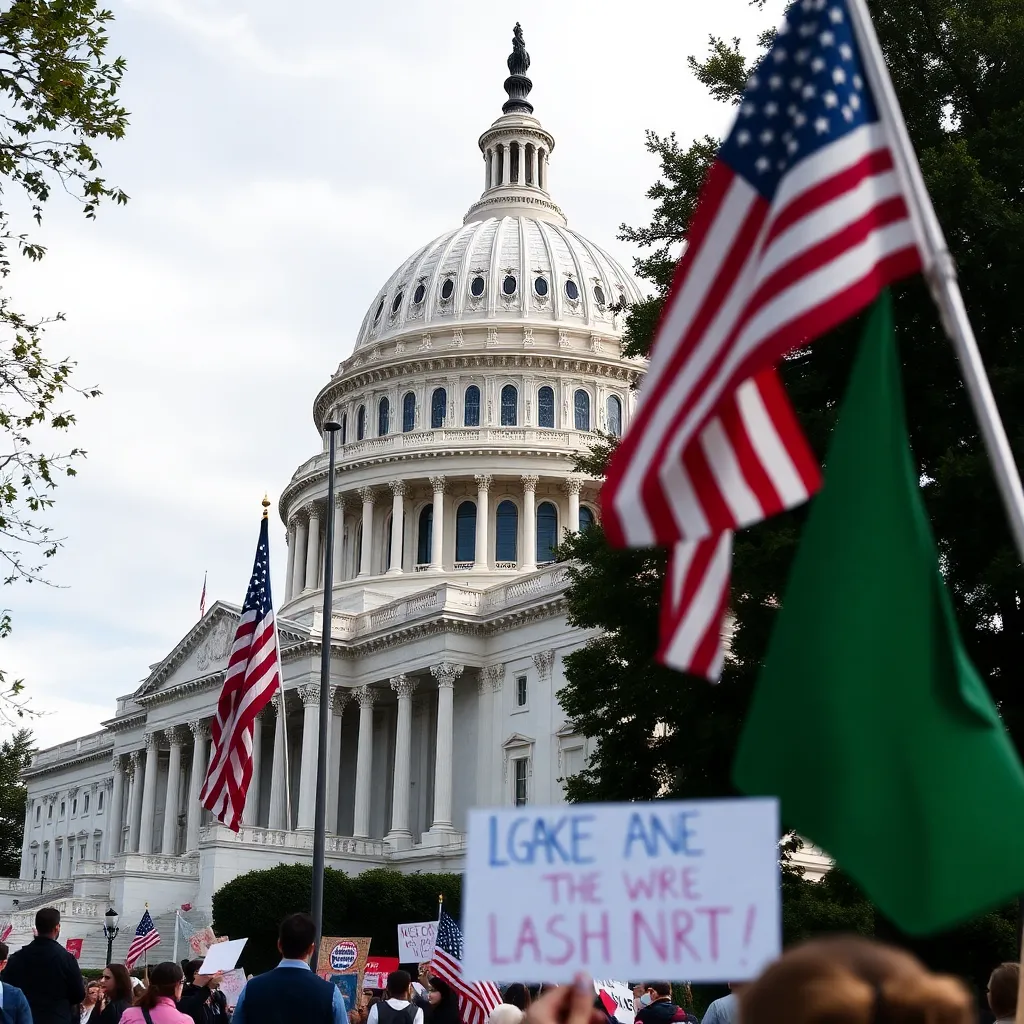Washington, D.C. Sees Heated Debate Over National Defense Authorization Act
A Controversial Amendment Sparks Tension Among Lawmakers
In a decision that has stirred up both support and strong discontent, the Senate recently passed a hefty National Defense Authorization Act (NDAA) totaling $895.2 billion. This annual bill is critical for the U.S. military and its operations, but this year’s passage came with a catch that has left several lawmakers fuming.
House Speaker Mike Johnson threw a curveball in the last moments by adding an amendment that prohibits the use of federal funds to pay for specialized medical care for transgender children of U.S. military personnel. This last-minute change ignited a firestorm of controversy that has some lawmakers voicing deep concerns about fairness and healthcare rights for military families.
Bipartisan Approval, But at What Cost?
Despite the discontent surrounding this amendment, the NDAA was passed comfortably by a vote of 85-14. This broad support could seem to suggest that all is well. However, beneath the surface, there is significant unrest among many Democrats who’ve labeled the amendment as an act of discrimination against thousands of military families and their access to necessary healthcare.
During sessions leading up to the vote, several senators expressed their frustration, arguing that the bill as it stands goes against the values of inclusivity and support for military families, leaving some children without the care that they need. “We can’t turn a blind eye to our brave service members’ families and their health concerns,” one senator lamented.
What’s in the NDAA?
The NDAA encompasses a wide array of spending allocations and policy decisions regarding the military. Traditionally, it’s a vehicle for ensuring soldiers are equipped and funded while also addressing national security issues. However, the implications of this particular amendment have overshadowed these important provisions.
While the NDAA normally focuses on weapons systems and defense strategies, this year’s version has also unintentionally spotlighted issues surrounding healthcare rights. There’s a poignant irony in the fact that a bill meant to protect and support military personnel and their families is being perceived as limiting access to essential health services.
What’s Next?
The passage of the NDAA signals that the legislative battle is far from over. Many expect that this issue surrounding the amendment will fuel further discussions in both the Senate and House. Groups advocating for healthcare rights are already mobilizing to challenge this legislation, aiming to raise awareness and push for changes.
Additionally, it poses the question of whether military families will rally together to contest this perceived attack on their healthcare rights. Advocates are likely to argue that military service should not come at the expense of access to comprehensive health needs, especially for the most vulnerable family members.
Conclusion
As the dust settles from this latest legislative battle, it remains to be seen how military families will respond to the NDAA and its controversial amendment. The decision has rekindled vital conversations about healthcare access, equality, and the responsibilities that come with serving in the military.
While the NDAA has successfully made its way through the Senate, the highly charged discussions around it signal that lawmakers will continue to grapple with the implications of the amendment. It’s essential to keep an eye on developments as they unfold, considering the important factors that affect thousands of military families across the nation.
One thing is clear: the conversation about healthcare rights and the treatment of military families is just beginning.







